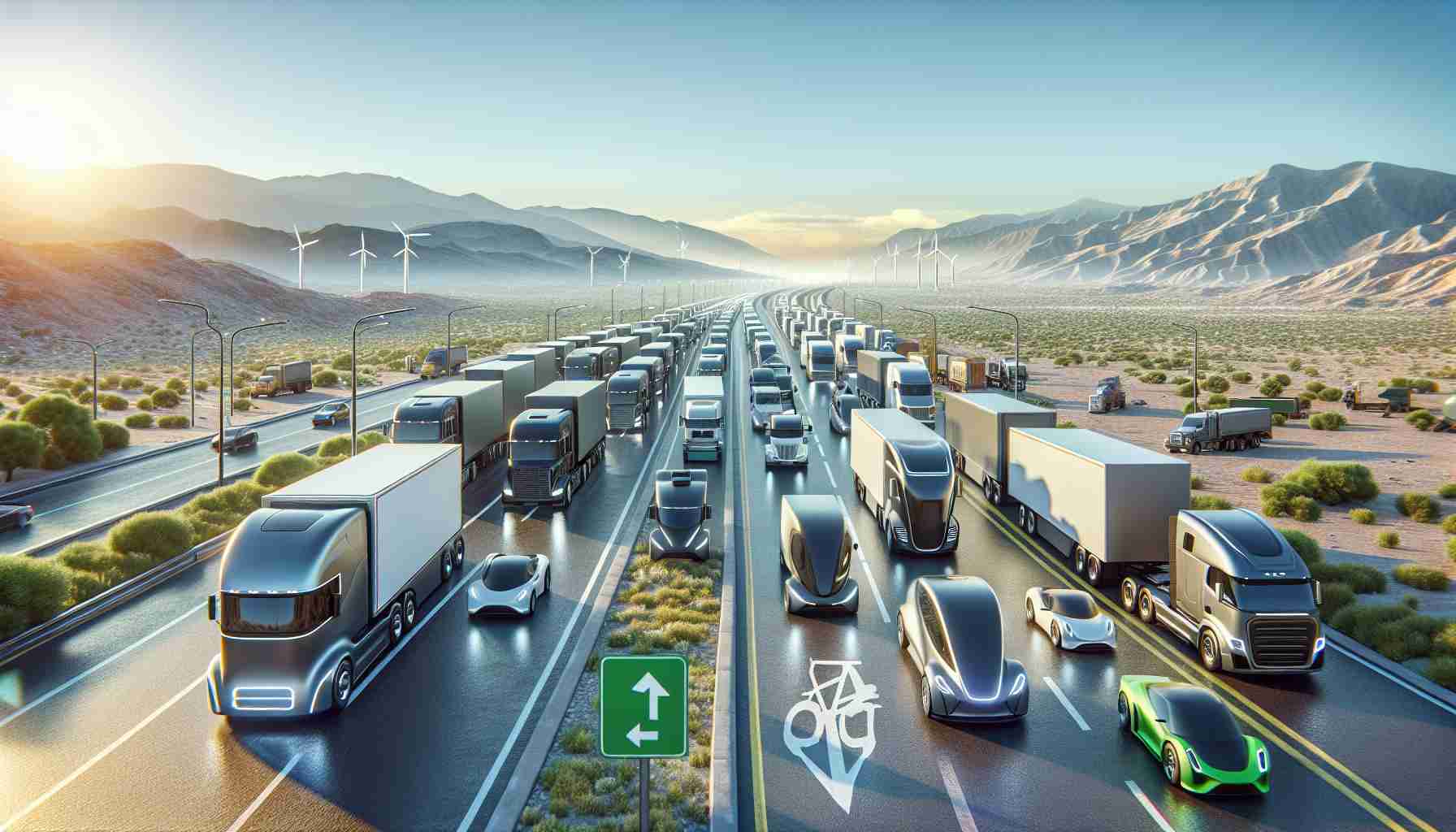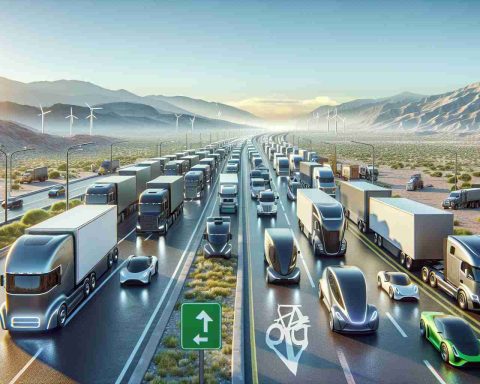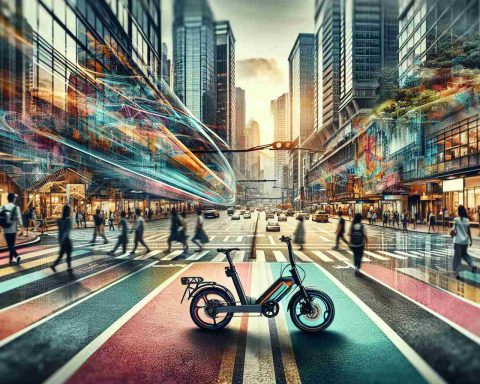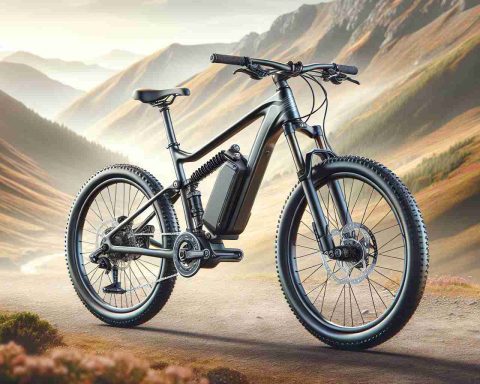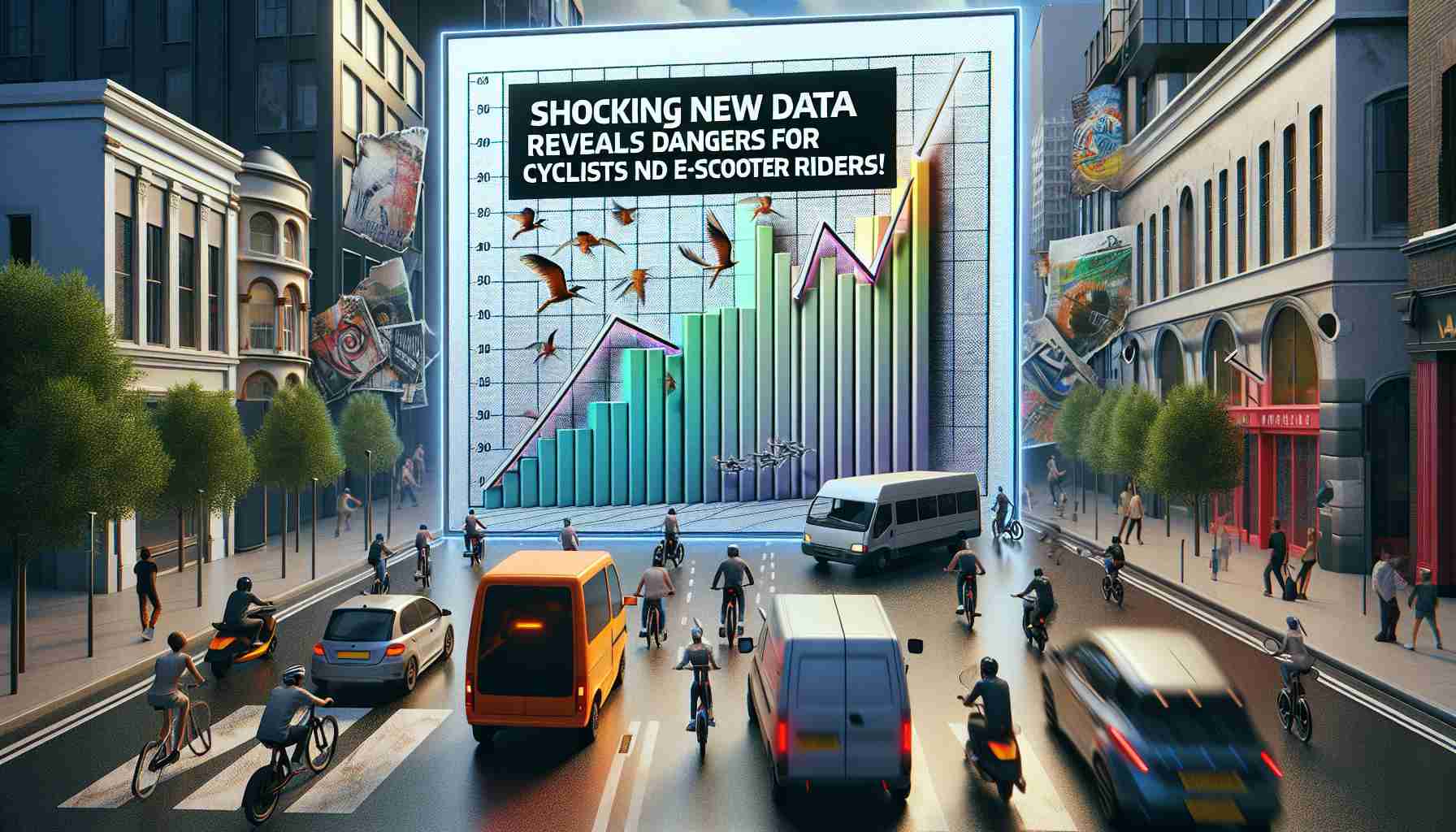Electric Truck Market: Insights and Growth Predictions
The electric truck industry is on an unprecedented growth trajectory, projected to surge from USD 4.68 billion in 2023 to an impressive USD 12.13 billion by 2030. This represents a remarkable compound annual growth rate (CAGR) of 25.64% during the upcoming years.
Market segmentation highlights the variety of propulsion methods available, such as battery electric vehicles, hybrid electric vehicles, and fuel cell electric vehicles. Each category caters to distinct needs across various vehicle types, including light-duty, medium-duty, and heavy-duty trucks.
Geographical analysis illustrates robust market activity across several key regions: North America, Europe, Asia-Pacific, and the Middle East & Africa. Each of these areas showcases unique trends influencing local and national sales.
Recent partnerships are transforming the industry. For example, Boliden has joined forces with Volvo Autonomous Solutions to implement self-driving transport solutions, marking a significant advancement in operational efficiency. In India, Tata Motors is pioneering the introduction of fuel cell electric vehicles (FCEVs), reaffirming their commitment to environmentally friendly transport solutions.
As the electric truck landscape evolves, investments in innovative technologies and market diversification will play a critical role in shaping the future of this rapidly growing market. This burgeoning sector is not just a passing trend; it represents a seismic shift towards sustainable transportation.
Revolutionizing the Roads: The Electric Truck Market’s Surge and Future Prospects
The electric truck industry is currently experiencing a remarkable growth trajectory, with projections indicating an increase from USD 4.68 billion in 2023 to a substantial USD 12.13 billion by 2030. This signifies a striking compound annual growth rate (CAGR) of 25.64%, underscoring the market’s potential for expansion over the coming years.
Key Features of Electric Trucks
Electric trucks are characterized by several innovative features that cater to a diverse range of applications and industries. These features include:
– Advanced Battery Technology: Modern electric trucks utilize high-capacity lithium-ion batteries that enable improved range and reduced charging times.
– Regenerative Braking Systems: This technology helps recover energy during braking, enhancing overall efficiency.
– Telematics and Connectivity: Many electric trucks are equipped with telematics systems that provide real-time data on performance, maintenance, and route optimization.
Market Segmentation and Use Cases
The electric truck market is segmented based on propulsion methods, offering various options such as battery electric vehicles (BEVs), hybrid electric vehicles (HEVs), and fuel cell electric vehicles (FCEVs). Each category supports specific applications, including:
– Light-Duty Trucks: Ideal for last-mile delivery, these trucks prioritize efficiency and lower emissions.
– Medium-Duty Trucks: Often used for local distribution, these vehicles balance power and range.
– Heavy-Duty Trucks: Suitable for long-haul transportation, these trucks are becoming increasingly popular due to advancements in battery and charging technology.
Geographical Trends
A geographical analysis reveals vigorous market activity in regions such as North America, Europe, Asia-Pacific, and the Middle East & Africa. Each area presents specific trends that influence sales and technology adoption:
– North America: The focus on reducing carbon footprints is driving fleet transitions to electric trucks.
– Europe: Stringent emissions regulations are facilitating the growth of electric truck adoption, particularly in urban areas.
– Asia-Pacific: Countries like China are aggressively investing in electric vehicle infrastructure, enhancing the market’s potential.
Innovations and Partnerships
Recent innovations and strategic partnerships are propelling the electric truck industry forward. Notable collaborations include Boliden teaming up with Volvo Autonomous Solutions to deploy self-driving transport technology, significantly enhancing operational efficiency. Additionally, Tata Motors is spearheading efforts in India to launch fuel cell electric vehicles (FCEVs), marking a pivotal shift towards greener transportation solutions.
Pros and Cons of Electric Trucks
# Pros:
– Environmental Benefits: Reduced greenhouse gas emissions compared to traditional diesel trucks.
– Lower Operating Costs: Electric trucks generally have lower maintenance and fuel costs over time.
– Quiet Operation: Reduced noise pollution in urban environments.
# Cons:
– Limited Range: Some electric trucks may struggle with long distances without recharging.
– Charging Infrastructure: The need for extensive charging networks is a current limitation in some regions.
– Initial Capital Investment: The upfront cost of electric trucks can be higher than diesel counterparts.
Future Trends and Predictions
Looking ahead, the electric truck market is expected to evolve significantly. Key trends include:
– Increased Investment in Charging Infrastructure: As demand grows, investments in charging stations and fast-charging technology will expand.
– Advancements in Battery Technology: Innovations in solid-state batteries could further enhance range and charging speed.
– Regulatory Changes: Governments worldwide are anticipated to implement more policies encouraging the adoption of electric trucks.
Security and Sustainability Aspects
Security and sustainability are paramount in the electric truck market. Manufacturers are now prioritizing cybersecurity measures to protect vehicles from hacking and data breaches. On the sustainability front, the industry is focusing on sourcing materials for batteries responsibly, aiming to minimize environmental impact.
For those interested in understanding more about the electric truck market and its future, check out iPropertyManagement for the latest insights and updates.
The electric truck sector stands at a critical juncture, poised to make significant impacts on transport and logistics in the coming decade as it embraces sustainability and technological advancements.
